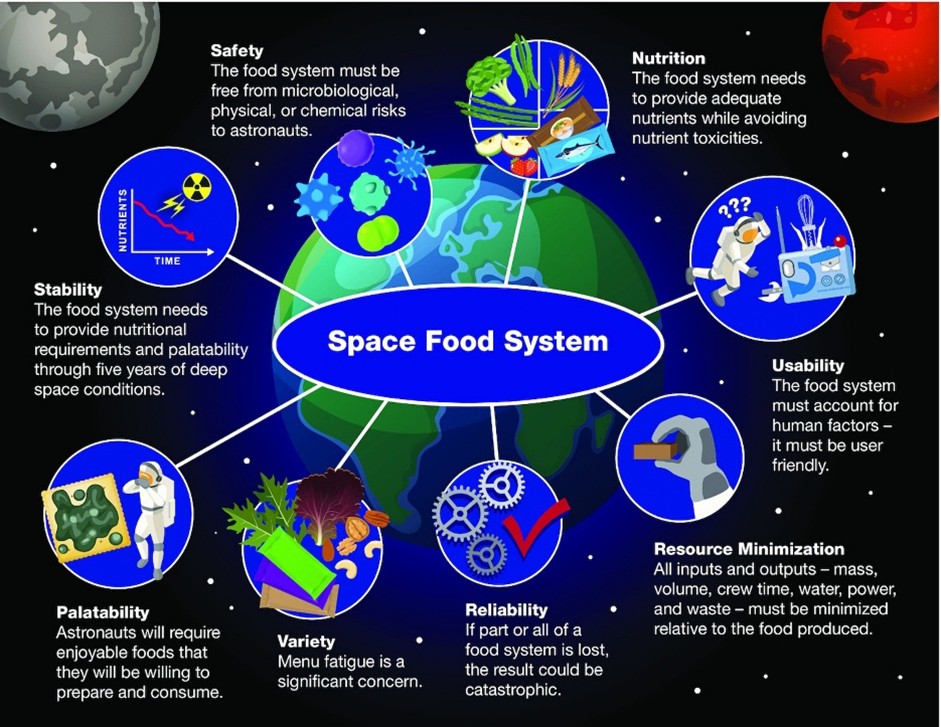PREVIOUS
India’s Space Nutrition Experiments
May 21 , 2025
14 hrs 0 min
41
0
- India is set to conduct its first-ever biological experiments in the International Space Station (ISS) to study the sustainability of human life in space.
- Under the BioE3 initiative, these unique experiments, spearheaded by the ISRO in collaboration with the Department of Biotechnology.
- They will examine the impact of microgravity and space radiation on the growth of edible microalgae, a nutrient-rich potential food source for long-duration space missions.
- The results will help identify the most suitable microalgal species for use in space environments.
- Microalgae offer several key advantages that make them ideal candidates for sustaining life in space.
- They have an extremely short life cycle, with some species growing in as little as 26 hours.

Leave a Reply
Your Comment is awaiting moderation.


